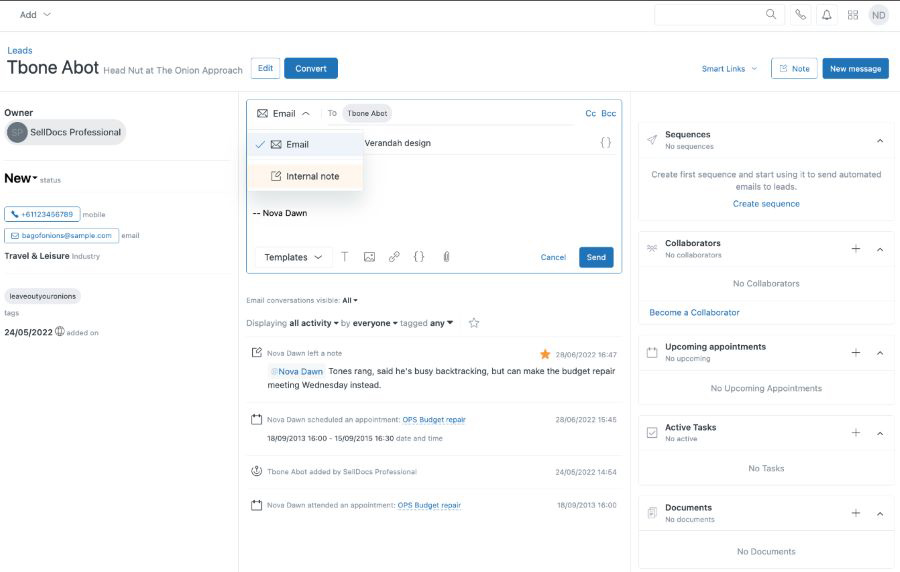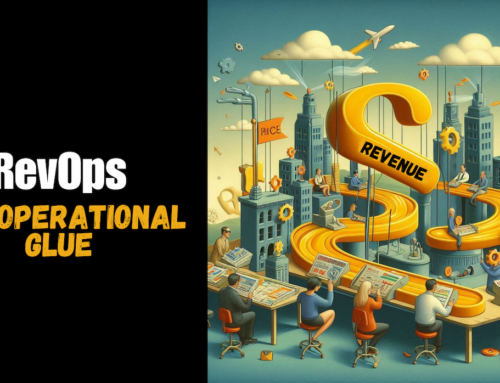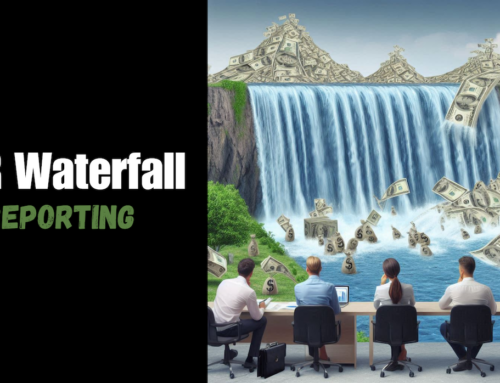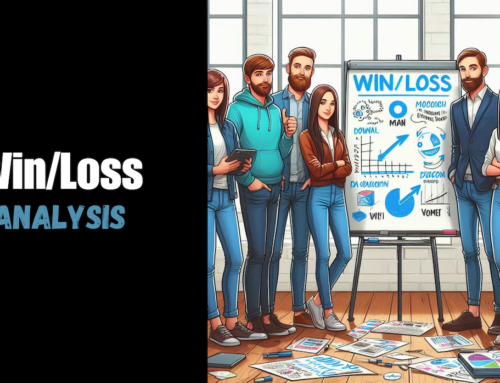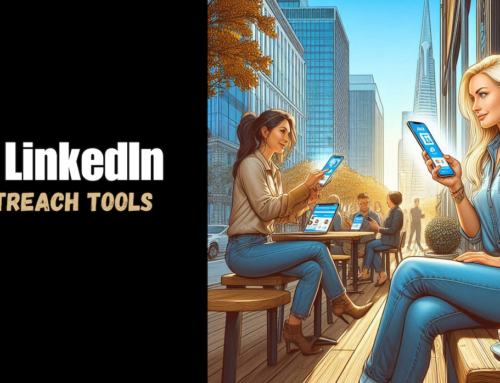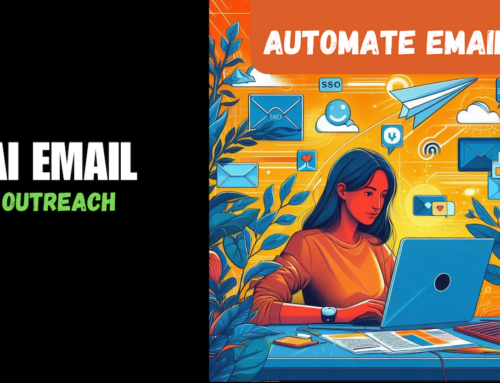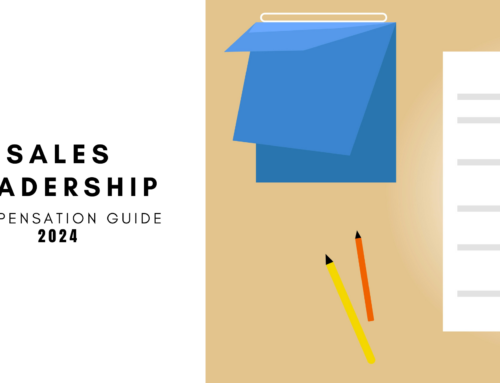Table of contents
You’ve decided to implement a Deal Desk at your company and are now looking at the software supporting your operations. The back bone of any revenue operations and successful revenue organization is the CRM. CRMs play a crucial role in supporting deal desks by providing a centralized platform for managing and tracking customer interactions, deal progress, and relevant information.
How to effectively use CRMs for deal desks
1. Centralized Data Repository
Use the CRM as a centralized repository for all deal-related information. This includes customer details, communication history, deal stages, and any other relevant data. Having a single source of truth ensures that all team members can access up-to-date information.
2. Deal Tracking and Pipeline Management
Leverage CRM features for deal tracking and pipeline management. Visualize the entire lifecycle of a deal, from initial contact to closure, using pipeline views. This provides a clear overview of the current status of deals and helps in prioritizing efforts.
3. Automated Workflows
Implement automated workflows within the CRM to streamline routine processes. This can include automated notifications, task assignments, and reminders for key deal milestones. Automation reduces manual effort and enhances efficiency.
4. Deal Segmentation and Categorization:
Use CRM functionalities to segment and categorize deals based on criteria such as deal size, industry, or stage. This segmentation aids in targeted analysis, allowing the deal desk to focus on specific subsets of deals and apply tailored strategies.
5. Integration with Other Tools
Integrate the CRM with other tools and systems used by the deal desk, such as email platforms, document management systems, and collaboration tools. Seamless integration ensures a unified workspace and reduces the need for manual data entry.
6. Real-Time Collaboration
Enable real-time collaboration among team members by using CRM features that support communication and sharing of updates. This ensures that everyone involved in the deal desk has access to the latest information and can collaborate effectively.
7. Deal Scoring and Prioritization
Implement deal scoring mechanisms within the CRM to prioritize deals based on predefined criteria. Deal scoring helps the deal desk focus on high-potential opportunities and ensures that resources are allocated effectively.
8. Forecasting and Reporting
Utilize CRM reporting tools to generate insights into deal performance, forecast accuracy, and other key metrics. Customizable reports allow for in-depth analysis, helping the deal desk make data-driven decisions and assess overall performance.
9. Mobile Accessibility
Choose a CRM platform with mobile accessibility to enable on-the-go access to deal information. Mobile applications empower deal desk professionals to stay connected and responsive, especially when away from the office.
10. Security and Permissions
Implement robust security measures and define user permissions within the CRM. This ensures that sensitive deal information is protected, and access is restricted based on roles and responsibilities.
11. Customer Communication Tracking
Use CRM tools to track and log customer communications. This includes emails, calls, and meetings. Having a comprehensive communication history helps in understanding the customer context and making informed decisions during deal evaluations.
12. Integration with Marketing Automation
Integrate the CRM with marketing automation tools to align marketing efforts with deal desk activities. This integration ensures a seamless flow of information between marketing and sales teams, improving coordination.
The ROI of a CRM software system, when properly implemented, can exceed 245%. (IBM)
Recommended CRM vendors
The choice of the best CRM for a deal desk depends on various factors such as the organization’s specific needs, industry, size, and budget. However, several CRMs are well-regarded for their capabilities in supporting deal desks. Here are some popular CRMs known for their effectiveness in deal management:
Salesforce
Salesforce is a widely used CRM that provides robust features for deal management. It offers extensive customization options, workflow automation, and a user-friendly interface. Salesforce also supports integrations with various tools, allowing for a seamless deal management process.
HubSpot CRM
HubSpot CRM is known for its simplicity and user-friendly interface. It offers features such as deal tracking, contact management, and customizable pipelines. HubSpot’s free CRM provides a solid foundation, while additional paid features cater to more advanced needs.
Pipedrive
Pipedrive is specifically designed for sales and deal management. It offers a visual pipeline interface, automation features, and customizable stages. Pipedrive is particularly popular among smaller businesses and sales teams looking for an intuitive solution.
Zoho CRM
Zoho CRM provides a comprehensive set of tools for deal management, contact management, and automation. It offers customization options, workflow automation, and integration with other Zoho applications. Zoho CRM is suitable for businesses of varying sizes.
Microsoft Dynamics 365
Microsoft Dynamics 365 integrates seamlessly with other Microsoft tools and offers robust features for sales and deal management. It provides insights into customer behavior, supports automation, and allows for customization to align with specific deal desk needs.
Freshsales
Freshsales, by Freshworks, is designed for high-velocity sales teams and provides features for lead scoring, deal tracking, and communication. It offers a visual sales pipeline and automation capabilities to streamline deal management processes.
Zendesk Sell
Zendesk Sell is focused on improving sales processes and deal management. It offers features such as pipeline management, contact and lead tracking, and sales reporting. It integrates with various apps and provides a mobile-friendly interface.
Insightly
Insightly is a CRM that caters to small and medium-sized businesses. It offers tools for deal management, contact management, and project management. Insightly’s integrations and customization options make it a versatile choice for deal desks
When selecting a CRM for your deal desk, consider factors such as the complexity of your deal processes, integration requirements, user interface preferences, and scalability. It’s often beneficial to leverage trial versions or demos to assess how well a CRM aligns with your specific deal management needs before making a decision.
Work with Harper James to select and implement a CRM for your deal desk or business.
Reading Progress

